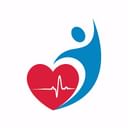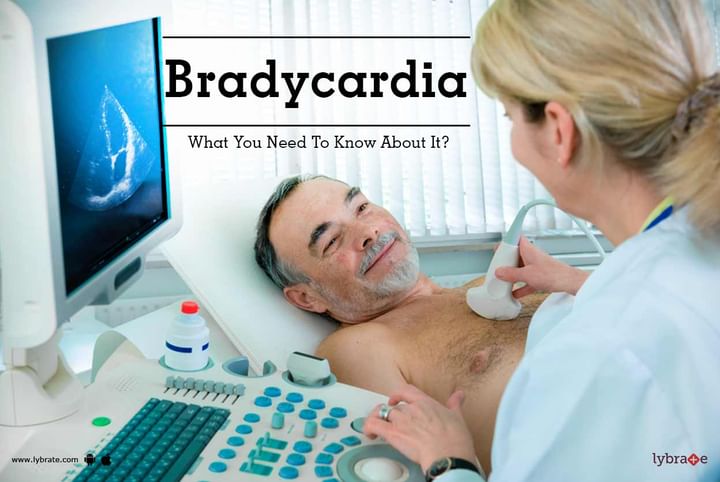Bradycardia - What You Need To Know About It?
Having bradycardia implies that your heart beats very slowly. For the vast majority, a heart beats from sixty to hundred pulses a minute while very few are viewed as ordinary. In case your heart beats under sixty times each minute, it is slower than usual. A moderate heart rate can be ordinary and solid. On the other hand it could be an indication of an issue with the heart's electrical framework.
For a few people, moderate heart rate does not create any issues. It can be an indication of being exceptionally fit. Sound youthful grown-ups and sports persons frequently have heart rates of fewer than sixty beats a minute. In other individuals, bradycardia is an indication of an issue with the heart's electrical framework. It implies that the heart's regular pacemaker isn't working right or that the electrical pathways of the heart are disturbed.
A moderate heart rate may make you:
- Feel blurry eyed or woozy.
- Feel short of breath and feel that it’s harder to work out.
- Feel tired.
- Have neck pain or an inclination that your heart is beating or rippling (palpitations).
- Feel bewildered or experience difficulty concentrating.
- Black out, if a moderate heart rate causes a drop in pulse.
A few people do not have side effects, or their indications are mild to the point that they think they are quite recently part of getting more seasoned. You can discover how quick your heart is beating by checking your heart rate. In case your pulse is moderate or uneven, talk to a specialist.
How bradycardia is dealt with depends on what is causing it. Treatment likewise relies on symptoms. Given below are some of the symptoms:
- In case harm to the heart's electrical framework causes your heart to pulsate too quickly, you will presumably need a pacemaker. A pacemaker is a gadget put under your skin that revises the moderate heart rate. Some people might have a kind of bradycardia that requires a pacemaker.
- In case another medical issue, for example, hypothyroidism or an electrolyte irregularity, is bringing about a moderate heart rate, treating that issue may cure the bradycardia.
- In case a medicine is making your heart to pulsate too gradually, your specialist may change the dosage or recommend an alternate drug. In case you can't quit taking that medicine, you may require a pacemaker.
Bradycardia is frequently the aftereffect of another heart condition, so finding a way to carry on with a heart-solid way of life will enhance your general health. This may include:
- Showing at least a bit of restraint and dedication to a good diet routine that includes a considerable amount of organic products, vegetables, whole grains, fish, and low-fat or nonfat dairy foods.
- Being gradually on most, if not all, days of the week. Your specialist can let you know what type of exercise is okay for you.
- Getting more fit in case you have to, and maintaining a solid weight.
- Not smoking.
- Overseeing other medical issues, for example, hypertension or elevated cholesterol. If you wish to discuss about any specific problem, you can consult a Cardiologist.



+1.svg)
